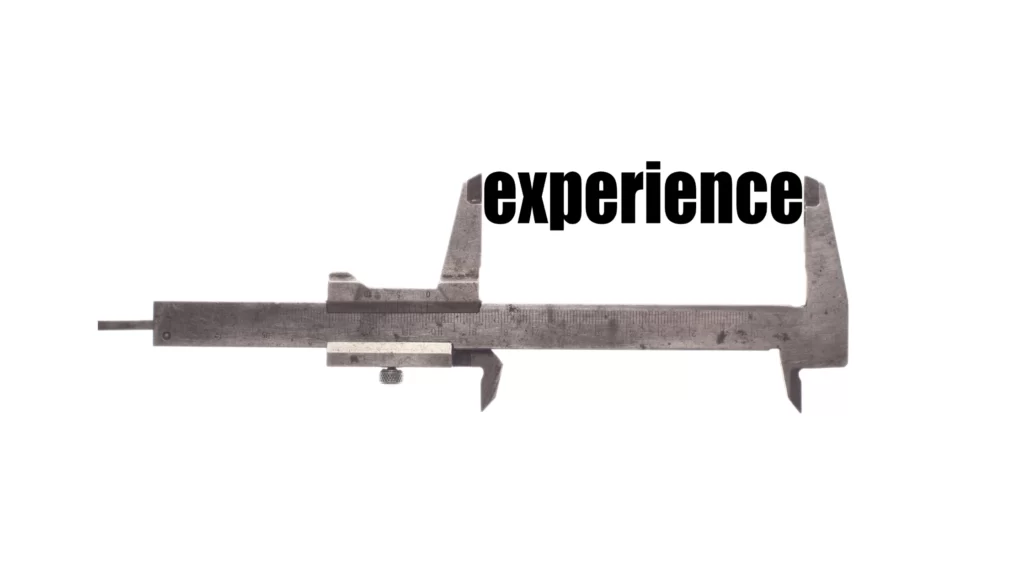What factors determine your professional work? What level of expertise will be? Dive deeper into what job positions might do and be impacted. Does the size of firms affect the specialization of work?
Versatility or Specialization?
Versatility and specialization are concepts that can be considered at the forefront of job content. A job is considered versatile when the tasks are not tied too closely to a particular action that repeats too often. In other words, you can do many different things in one position. Sometimes some are not even within the scope of the job description.
Unlike general-purpose work, specialized positions perform jobs that require you to be repetitive and sometimes take a long time to master.
It helps you form and develops a specific skill to an advanced level. This is no different from going to college, and the first two-year courses are called “general” courses. Meanwhile, in the last two to three years you can study basic subjects and “specialized” subjects.
The versatile work is like general and basic subjects, while specialized work is no different from the “specialized” subjects. How do these two aspects affect your career development? Versatile gives you an overview of the big picture, specialized gives you a few mastery skills.
Both are beneficial for your career growth. And usually, large enterprises will give you more specialized work opportunities than small and medium enterprises, if you compare the two businesses operating in the same industry.
Grow horizontally or vertically?
The location that can grow horizontally or vertically is the second factor we should consider because it will be affected quite a bit by the size and spread of the business.
To make it easier to imagine, there are two typical developments in a job position, which are horizontal and vertical growth.
Vertically, you can grow from an employee position to a team leader, supervisor, manager, etc. in the hierarchy. And the development content of your work is not much different from the content of the professional before, just now you need more skills and mature knowledge to lead others, especially those just starting out in the company.
Vertical development is really good when you reach a level of technical proficiency in a specialist position that combines skills in team management, coaching, etc. And vertical growth will give you great growth. With the special development that comes with training, very large businesses can build a wide range of positions and opportunities to encourage employees to go in this direction.
In another form, horizontal development is also an orientation of many businesses when the level of work concentration is not too high. You can be an expert but be allowed to work in different categories outside of your specialty, provided that expertise is strong enough. Then you are assigned to work in another group of jobs in the department and learn other knowledge skills.
After a certain time when you have enough knowledge, and skills and have a complete view of the function you are working for, you get promoted. Surely some readers who have come here will find it not too strange with the perspective and implementation that I am referring to. It is a horizontal development that allows employees to diversify their knowledge skills, and form an overall view of the operation of the department and enterprise.
If the pressure on training is not too great and the number of employees working in one position is not too much, businesses can completely apply the form of horizontal development. They can facilitate maximum rotation for employees in the department to understand each other’s work and have the necessary mutual support in work in situations where personnel becomes “rare”.
Chance to make mistakes
The opportunity to make a mistake, or simply put, the chance for you to make a mistake that is not too serious, does not affect the job evaluation in enterprises is not the same. This depends not only on the size of the business but in general, also depends on the operating experience of the business itself.
Businesses with good “operating experience” have been found to have a harder time accepting employees who make frequent mistakes than young businesses.
When you build a road it is much riskier than you follow a road that has already been built. When all your work is described and guided very specifically and has a fairly complete process, it is very difficult for you to do the wrong thing over and over again. It’s different from being a pioneer for a position or job function. Then your mistakes will be easier to sympathize with, and you will have more opportunities to correct them and overcome and improve.
Independent business model or representative office
Besides, find out where you are working is an independent business unit or just a representative office performing a small function.
Independent business units have a system of working with many departments that have independent decision-making power and have their own financial reporting system. Although there may be one or a few functions shared by the corporation, in general, the operation of this unit is quite independent and responsible for the results of business activities.
The reason for mentioning this is that a model of sharing resources is not uncommon, especially when those resources can be utilized for many different areas. An enterprise has many business units and locations, but there may be only a few key departments to manage specialized functions for an entire region, even the whole country.
The identification of processes, regulations, and problem-solving methods plays an important role in building a centralized model of sharing functional resources. It will be difficult for you to get the job done when the business units are spread out, operate in different ways, with different regulations, and you are the one who has to remember all the rules and codes of conduct and perform duties.
The greater the degree of resource sharing, the longer the processing time will seem to be because you cannot influence the people handling the related task directly.
An independent business unit model will be suitable for those who want to learn and improve their breadth of experience.
On the contrary, for those who want to follow the path of professionalization, finding a department with a role to share resources in the organization will open up a lot of space for you to learn and research the scope of the field that you love.





